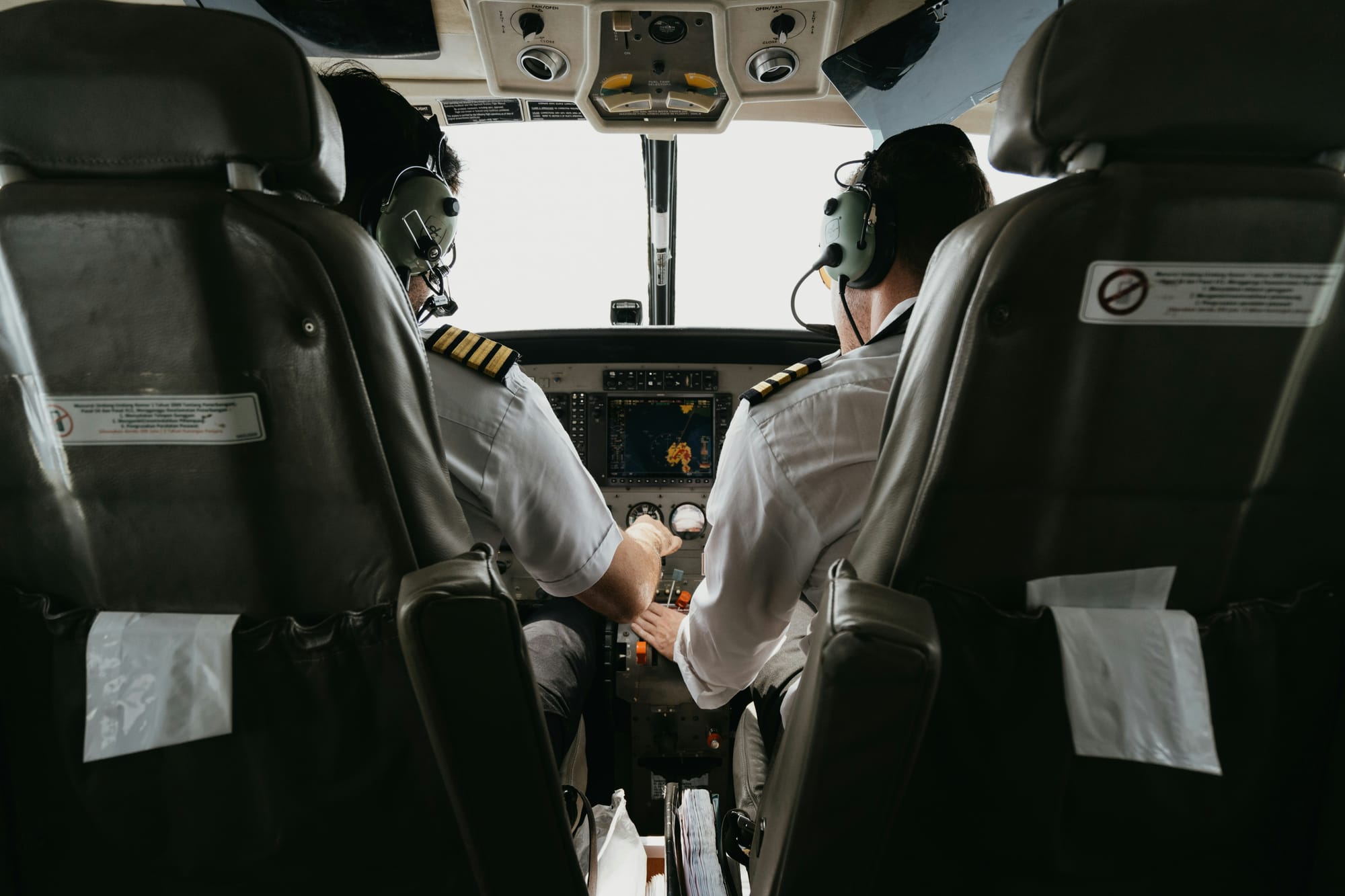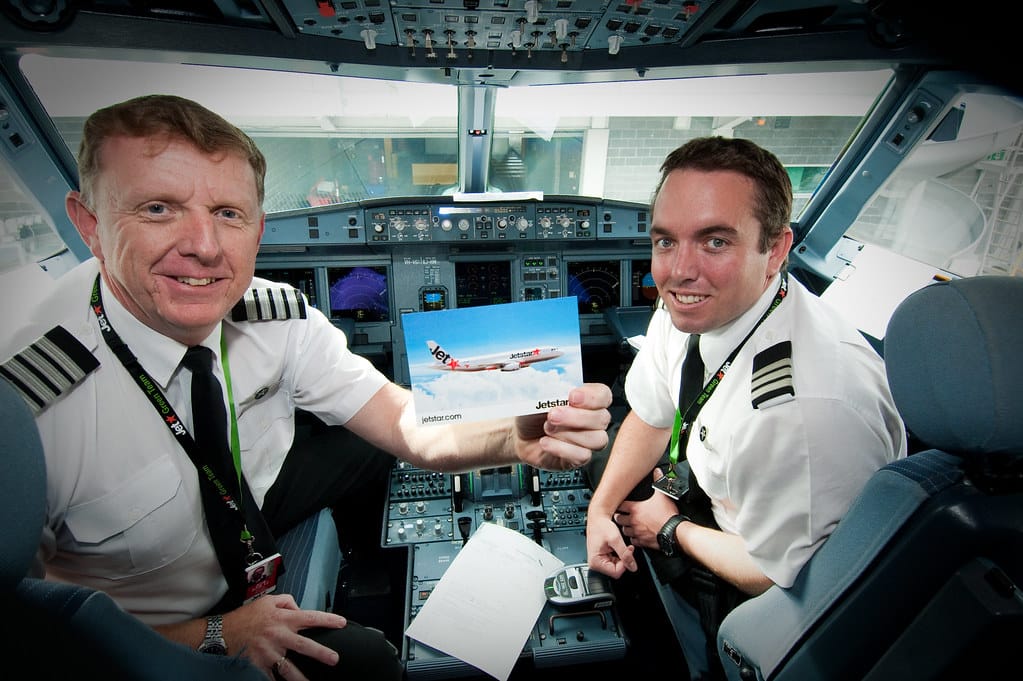How Pilots Handle Jet Lag: Tips for Managing Jet Lag

Jet lag is a reality for anyone who crosses multiple time zones, but for airline pilots, it’s a persistent challenge. They crisscross continents in a matter of hours, constantly switching between time zones and schedules. But they’ve developed effective methods for handling jet lag, and their strategies can be a lifesaver for frequent fliers looking to make the most of their travel experience.
What is Jet Lag?

Jet lag occurs when your body's internal clock, or circadian rhythm, is out of sync with a new time zone. This internal clock, regulated by light and sleep-wake cycles, struggles to adjust quickly to changes in local time, leading to symptoms like fatigue, insomnia, irritability, and difficulty concentrating. The effects of jet lag can vary based on the number of time zones crossed, the direction of travel, and individual sleep patterns.
For pilots, the physical and mental demands of flying make it critical to manage jet lag effectively, as they need to be at their sharpest while in the cockpit. Here’s how they do it—and how you can benefit from their expert advice.
Top Tips for Combating Jet Lag

- Plan Ahead with Your Sleep Schedule: Pilots often begin adjusting their sleep schedule a few days before a long-haul flight. If flying east (where time moves forward), they may go to bed an hour earlier each night to sync up with the destination time zone. For westward travel, going to bed an hour later can help. Gradually shifting your sleep cycle before departure can help minimize the impact of jet lag on arrival.
- Stay Hydrated: Airplane cabins are typically dry environments with low humidity levels, which can lead to dehydration. Dehydration exacerbates the symptoms of jet lag, so pilots make a point to drink plenty of water before, during, and after flights. Avoiding alcohol and caffeine, which can interfere with sleep quality and hydration, is another common practice. Aim to drink at least 8 ounces of water every hour you're in the air to help your body stay hydrated and fight fatigue.
- Adapt to the Local Time Zone Quickly: One of the best ways to counteract jet lag is to start following the new time zone as soon as possible. Pilots adjust their meals, activities, and sleep schedule to match the local time upon arrival. This means eating meals when locals do and trying to stay awake until bedtime in the new time zone, even if it requires a little extra willpower. Exposure to natural light is particularly important, as it helps to reset the body’s internal clock.
- Use Strategic Napping: Pilots are experienced at using naps to keep fatigue at bay without disrupting their sleep cycle. A short nap of 20-30 minutes can provide a boost of alertness without causing grogginess or interfering with nighttime sleep. If you feel overly fatigued, consider a quick nap upon arrival, but avoid napping too late in the day to avoid nighttime sleep difficulties.
- Exercise Regularly: Physical activity helps combat the effects of long flights and time zone changes. Pilots often incorporate light exercise, such as stretching or a short walk, into their post-flight routine to reduce fatigue and muscle stiffness. Exercising outdoors in natural light can be especially beneficial, as exposure to sunlight helps to regulate the body’s circadian rhythm.
- Consider Sleep Aids Carefully: While some pilots may use sleep aids like melatonin (a natural hormone that helps regulate sleep), they do so sparingly and often under medical advice. Melatonin supplements can help reset your body’s clock, but it's essential to use them correctly. The best results come when taken shortly before bedtime in the new time zone.
- Practice Relaxation Techniques: Stress can amplify the symptoms of jet lag, making it even harder to get quality rest. Many pilots use relaxation techniques such as deep breathing, meditation, or mindfulness practices to calm their minds and prepare for restful sleep. Incorporating relaxation techniques into your routine can make adjusting to a new time zone smoother and reduce overall travel fatigue.
Final Thoughts
Jet lag can be challenging for anyone who frequently crosses time zones, but following these tips can help you make the transition easier. By planning your sleep schedule, staying hydrated, adapting quickly to the new time zone, and using strategies like napping and exercise, you can minimize the impact of jet lag on your travel. Whether you're a pilot, a business traveler, or a vacationer, these practical tips will help you hit the ground running at your destination.





